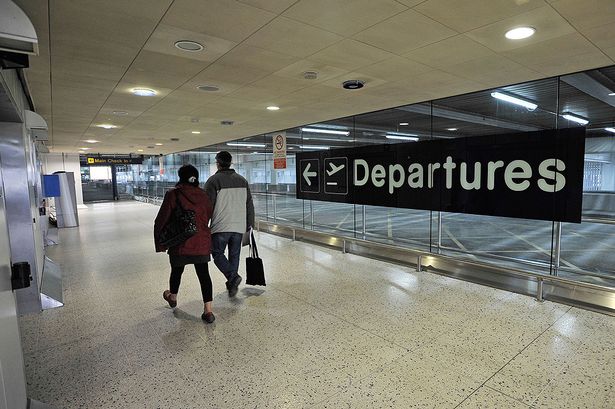The decline in the number of European residents in the Alicante Province is said to be the major factor in the reduction of 18,588 residents, in addition to those who had already left the province since 2013.
In just 3 years that decrease now amounts to 109,183 residents who have moved away since 2013, one of the highest declines in the entire country. But no other region posts such a high negative figure as the 18,588 reduction in the official population since January 1, 2016
The 1% that it has reduced has only been surpassed in relative terms by Soria (-1.06%), Ourense (-1.11%), León (-1, 21%), Segovia (-1.22%), Ciudad Real (-1.33%), Cuenca (-1.36%), Teruel (-1.41%) and Ávila Zamora (-1.65%).
All these populations, except that of Ciudad Real, are not only among the least inhabited, but also among the most aged. The case of Alicante, however, is different from the others, in that it is more attributable to the decline, not because of its ageing population but more as a result of the large number of the immigrant population that have moved back to their country of origin, many of which have been completely revived in the last decade.
In the Alicante Province, the predominant factor is the loss of another large sector of the foreign population that originally moved into the area from other European countries, settling mainly on the coast.
In the last three years there has been a sharp drop in the numbers of new arrivals registered from the rest of the continent. For example, in 2013 there were 35,916 Germans in the province; three years later the provisional figure is 16,567. In terms of British residents, the figure has reduced in the same period from 130,541 to 72,935.
One of the greatest reductions has been in Calp, which has reduced from 29,442 inhabitants in 2013 to the current 19,591. In the same region Xàbia, has declined from 33,149 to 27,225 residents and further south, are Torrevieja, Rojales and San Fulgencio, which in 2013 were, respectively, 105,205, 21,686 and 12,688 residents, and now show their populations as just 84,213, 17,622 and 7,384 respectively.
This drastic decline in population, and in particular of those residents from other European countries, has occurred after years of economic crisis in which municipalities have had to face major budgetary and service adjustments, which may have encouraged many leave. However, it also coincides with a much more accurate municipal censuses from the INE. For this reason, a large part of this demographic decline may be due to anomalies in the figures from people who did not verify their registration as required.






The reason so many Brits have left is the uncertainty caused by not knowing what is going to happen to our healthcare after Brexit! It is obvious that we will not be able to cover existing health problems with private health cover, and the prescriptions alone in most cases would be unaffordable on a frozen British pension!!! We need to know where we stand. WHAT IS GOING TO HAPPEN???!!!!
A little while ago we ran a petition concerning healthcare after Brexit. “On BREXIT British expatriates should retain their healthcare within the EU”. Details of the petition can be found here:
https://www.theleader.info/2016/07/30/ensure-that-you-keep-your-healthcare-on-brexit/